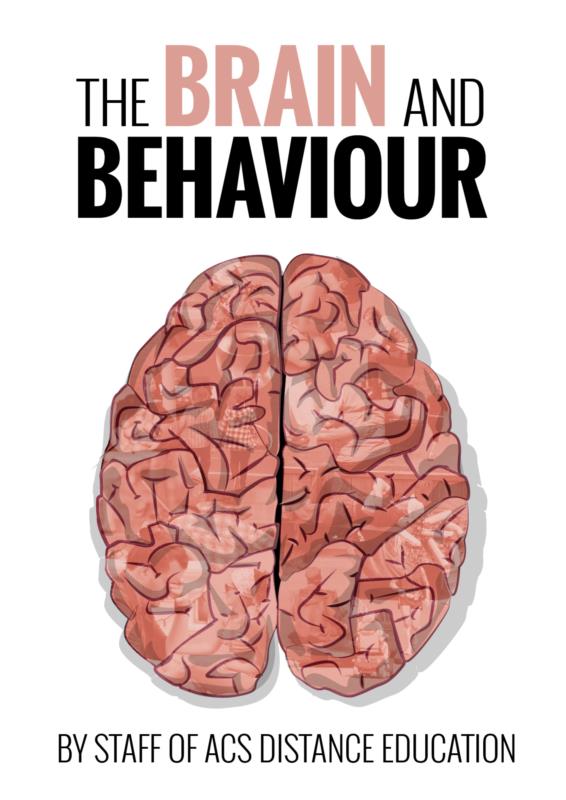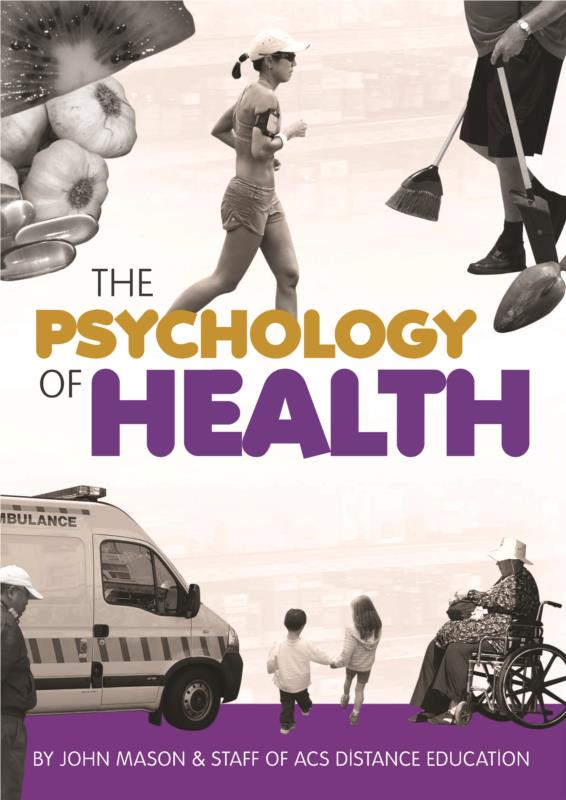New research in America and Japan have suggested that humans make two memories of the same event. One is for the here and now and the other is to last a life time.
It has been thought in the past that all memories start in the short-term memory. If they do not decay or aren’t displaced and the person pays attention to them, they were thought to go into the long-term memory. However, these new findings suggest that this is not necessarily what is happening.
The hippocampus is responsible for short term memories, whilst the cortex is responsible for long term memories.
Patient HM was studied extensively in the 1950s after his hippocampus was damaged during epilepsy surgery. He was no longer able to make new memories, but his previous memories were still there. He supported the idea that the hippocampus was responsible for short term memory.
However, the new research suggests that this is not the case. In research on mice, they watched memories form clusters of connected brain cells in reaction to a shock. Their findings showed that memories were formed simultaneously in the cortex and the hippocampus.
Although the research is on mice, the findings are thought to apply to humans as well.
This research is important in helping us to find out more about conditions such as dementia and Alzheimer’s Disease and ways in which we can help sufferers.
Learn more about Psychology and Counselling with an ACS eBook with a wide range of titles to choose from, including:

The Brain and Behaviour eBook provides a fascinating insight into the functions of the human brain, with 8 chapters packed with information and insght.

The Psychology of Health eBook looks at the link between
physical and psychological health and how these can affect an individuals wellbeing and quality of life. The book explores the complex relationship between health and
psychology and the ways that understanding this relationship and good
management of it can lead to healthier lifestyles.
For latest news and new courses, follow ACS on:
Twitter
Facebook
Google